Thinking about buying your first home in Reservoir? You're not alone. Many first-time buyers wonder if they're truly ready to take this significant step. Home ownership readiness goes beyond just wanting your own place – it's about ensuring your financial situation can support a home loan and the ongoing responsibilities that come with property ownership.
Assessing Your Financial Foundation
Before you start looking at properties or applying for a home loan, take an honest look at your finances. Your borrowing capacity depends on several factors that lenders will examine closely.
Your income stability plays a crucial role. Lenders prefer to see consistent employment history and regular income when reviewing your application. They'll want to see recent bank statements and payslips to verify your financial position.
Consider these key financial indicators:
• Monthly income after tax
• Regular expenses including rent, utilities, and living costs
• Existing debts like credit cards or personal loans
• Savings history and deposit amount
• Credit score and repayment history
Understanding Deposit Requirements and LVR
The loan to value ratio (LVR) is fundamental to your home loan application. Most lenders prefer an LVR of 80% or less, meaning you need at least a 20% deposit to avoid lenders mortgage insurance (LMI).
For example, if you're looking at a $500,000 property in Reservoir, you'd ideally need $100,000 as a deposit. If you have less than 20%, you'll likely need to pay LMI, which protects the lender if you default on your loan.
Don't forget about additional costs when buying a home:
• Stamp duty (though first-time buyers may receive concessions)
• Legal fees and conveyancing
• Building and pest inspections
• Moving costs
• Ongoing maintenance and insurance
Exploring First Home Buyer Support
As a first-time home buyer, you may be eligible for various government schemes and incentives. The first home owner grants (FHOG) can provide financial assistance, particularly for new homes.
The Home Guarantee Scheme helps eligible first-time buyers purchase a home with a deposit as low as 5%, without paying LMI. This scheme has specific criteria and property price caps that vary by location.
First time home buyer programs and first time home buyer schemes can include:
• Reduced stamp duty or exemptions
• Shared equity arrangements
• Deposit assistance
• Interest rate discounts for eligible buyers
Choosing the Right Loan Structure
When you're ready to apply for a home loan, you'll need to decide between different interest rate options. A variable interest rate can fluctuate with market conditions, potentially saving you money when rates fall but increasing your repayments when they rise.
A fixed interest rate provides certainty for a set period, typically one to five years. Some borrowers choose a combination of both to balance stability with flexibility.
Consider whether an offset account would benefit your situation. This account can reduce the interest you pay on your home loan by offsetting your savings against your loan amount.
The Application Process
Getting pre-approved for a home loan can strengthen your position when making an offer on a property. Pre-approval gives you confidence in your borrowing capacity and shows sellers you're a serious buyer.
The streamlined application process typically involves:
- Gathering financial documents
- Completing the loan application
- Property valuation
- Final approval and settlement
Working with a mortgage broker gives you access to home loan options from banks and lenders across Australia, not just your current bank. This broader access can help you find loan packages that better suit your circumstances.
Beyond Your First Home
Once you've successfully purchased your first home, you might eventually consider investment opportunities. Understanding investment loan options and the investment loan application process early can help you plan for future property purchases.
Your first investment property will have different lending criteria and deposit requirements compared to your primary residence, so it's worth understanding these differences even if investment isn't immediately on your agenda.
Taking the Next Step
Home ownership readiness isn't just about having enough money saved – it's about understanding your complete financial picture and having access to banks and lenders nationwide to find the right loan structure.
The property market in Reservoir offers various opportunities for first-time buyers, from established homes to new developments. Understanding your financial readiness helps you make informed decisions about when and what to buy.
If you're considering buying your first home and want to explore your options, professional guidance can help clarify your borrowing capacity and identify suitable loan products. Call one of our team or book an appointment at a time that works for you.




